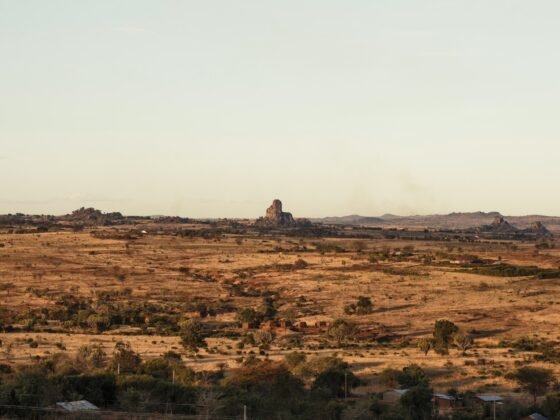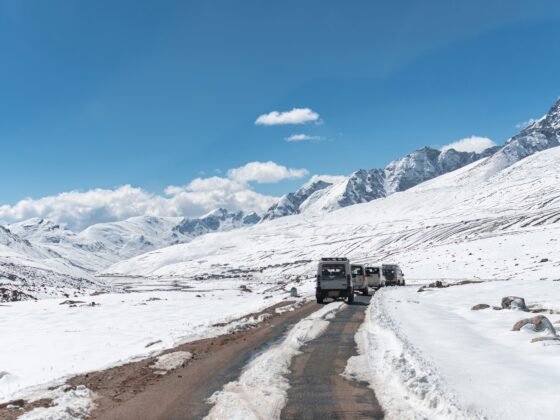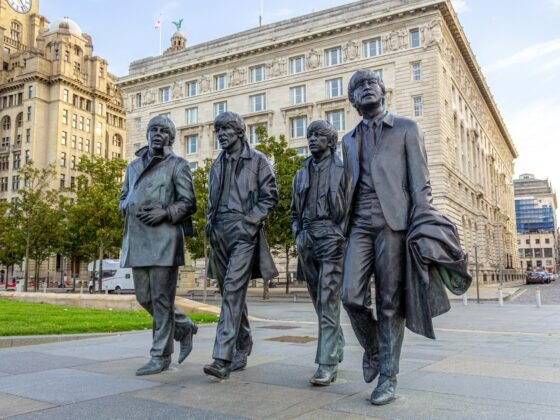I was on my way to Suleja, a town in Northern Nigeria. I had fallen asleep right after we set out and when I woke up, we were on the Abuja-Kaduna expressway. Sitting in the back of the Nissan were an old man with a cane, a girl of about university age and a woman with two children.
An interesting thing about road travel in Nigeria is this: When someone shows up to the taxi park with young children, they have no intention of paying for seats for their children. In an unspoken agreement, the children become everyone's responsibility. Without asking, the parent climbs into the car next to you, plops the child into your lap, and says something like, "Meet your new uncle."
If you complain, the other passengers turn on you like you're some sort of savage: "What kind of person would deny an innocent child sitting position? Do you expect the child to stand the whole time?"
On this ride, I had chosen the front seat. A woman would never pass her child to you in the front. They believe the front seat is closer to any potential accident and therefore more dangerous than the rest of the car. It would be like saying, "Here, take my child and chuck it out the window." So in the back, the woman with the two kids sat in the middle and the old man and university girl took turns carrying the woman's spare child.
The Abuja-Kaduna expressway has two lanes on both sides separated by a median barrier and in places, a deep ditch. It is a smooth road, giving the type of comfortable drive that lulls you to sleep. I drifted in and out.
In one of my periods of wakefulness, there was a loud pop and the car lurched to the right. It appeared to happen quickly, but in the bubble I was in, it was stretched out into distinct events. I heard the pop before it happened, a pre-pop whistling that grew into the sharp pop. Then a rumbling like a car would make driving over gravel. I turned to the right, and saw, out of the corner of my eye, black rubber strips shred off the back tire and fall off behind us. The car was in the right lane and it swerved further right threatening to go off the road. The driver tried to control the car and it pulled in the opposite direction. Cars sped past, one of them narrowly missed us.
There was a screeching sound as the tire spent itself and the metal rim hit the ground. The car swerved to the left dragging its bad leg across the two lanes. It spun, pitched on the edge of the road and rolled into the ditch towards the concrete divider.
We were moving backwards now, I watched our destination through the rear window. The woman had both her children in her arms, the old man's hands were pressed against the roof of the car, and the college student was holding on to the the door handle. They were all screaming. With the missing tire and the rough undergrowth, the car slowed and hit the divider with no more than a slight bump.
The student continued screaming, then realising we had stopped, she fumbled for the lock to get out. The driver's hands were still gripping the steering wheel, his leg pumped impotently at the brake.
We clambered out of the car into the bushes. The woman was pacing back and forth, her childen in both arms. She kept saying over and over, "Two children? Two children! I brought my two children." I thought she was in shock and had lost count of her kids in the chaos. A friend explained to me later that Nigerians don't travel with all their children together, so in the event of an accident, they would have substitute children waiting back home.
I climbed up the embankment to the road. There was a streak on the road stretching about 40 metres from the other side of the road and ending at the car in the ditch. We put in a new tire with help from a nearby village.
It took seven men to get the car back on the road. We drove slowly on to Suleja, the woman now carried both her children. She kept rocking back and forth, chanting, "Two children, two children!"
I think she learnt her lesson.
T Talabi










